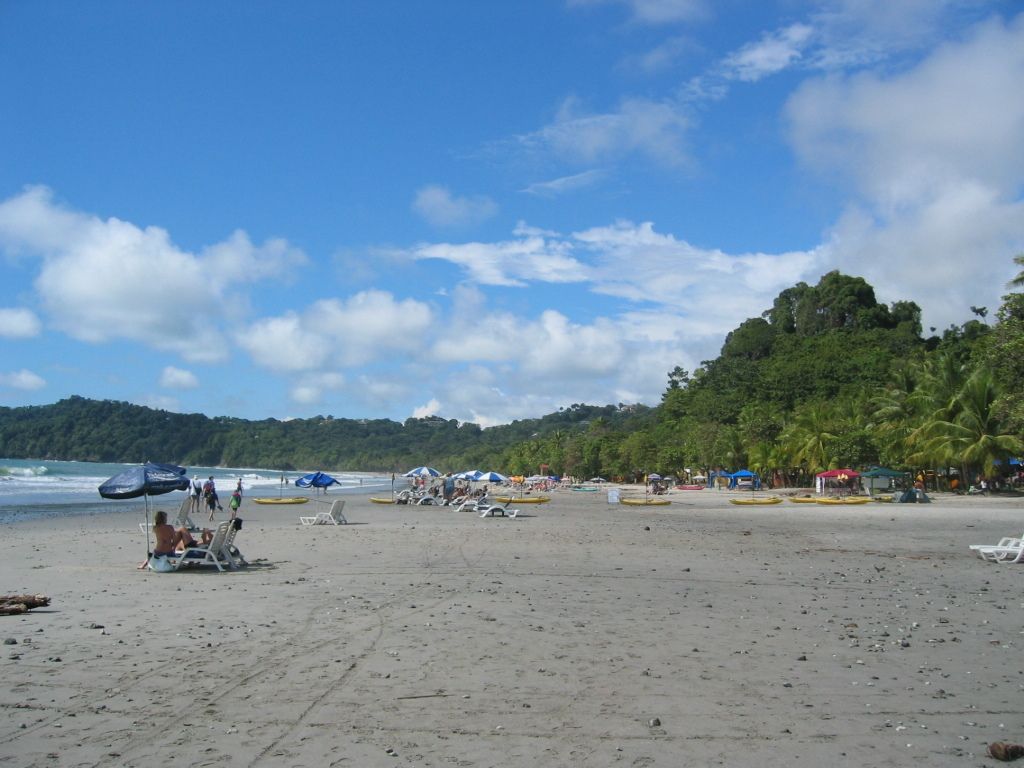Portugal generates €1 billion worth of olive oil exports
Portugal's olive oil sector witnessed another historic milestone in 2024, with exports surpassing the €1 billion mark for the second consecutive year, underscoring its increasing prominence in the global market[1][3].
Gonçalo Morais Tristão, president of the Alentejo Olive Oil Studies and Promotion Center (CEPAAL), confirmed this development, stating that the sector should maintain the same value in 2024[4]. He emphasized that surpassing the €1 billion mark in consecutive years was significant for the sector, with production based on two main types of exports: bulk and packaged olive oil[4].
Portugal predominantly exports bulk olive oil to Spain and Italy, while packaged olive oil under Portuguese brands, particularly extra virgin olive oil, finds its primary market in Brazil[1]. Additional key markets include the United States and Poland, with growing demand observed in France[2].
In the 2024/25 crop year, Portugal produced about 177,000 metric tons of olive oil[4], which, while slightly lower than initial estimates, remains a substantial figure. Moreover, Portugal is currently the fourth-largest global exporter of pure olive oil, with export value reaching $1.08 billion in 2023[2].
Gonçalo Morais Tristão addressed the National Olive Oil Congress (CNA) and the National Olive Fair (FNO), events scheduled to take place from Thursday in Campo Maior, Portalegre district[4].
The Alentejo region plays a vital role in Portugal's olive oil sector, contributing significantly to the country's export success and global reputation for quality[1]. With over 209,000 hectares of olive groves, more than 116 mills, and nearly 95% of the country's virgin and extra virgin olive oil production, Alentejo represents almost 90% of national olive oil production[1].
This year saw a downward adjustment in consumer prices for olive oil, with a reduction of approximately 40% per bottle of extra virgin olive oil compared to the previous year[4]. According to Gonçalo Morais Tristão, this decrease in prices is beneficial as it encourages increased consumption, but prices should not fall below the level necessary to cover production costs[4].
With its robust exports and substantial production, Portugal strengthens its position as an essential player in the international olive oil market[1][2]. Further developments in the sector are expected to cement this position in the coming years.
- At the National Olive Oil Congress (CNA) and the National Olive Fair (FNO) in Campo Maior, Portugal, Gonçalo Morais Tristão highlighted the significance of the Alentejo region in the country's growing prominence in the global olive oil market.
- As the fourth-largest global exporter of pure olive oil, Portugal's business in food-and-drink, particularly olive oil, is expanding, with export value reaching $1.08 billion in 2023 and surpassing €1 billion in the previous two years.
- In the realm of lifestyle and global cuisines, Portugal's Alentejo region, with its 209,000 hectares of olive groves and nearly 95% of the country's virgin and extra virgin olive oil production, accounts for nearly 90% of national olive oil production.
- With the reduction in consumer prices for olive oil, Portugal's olive oil sector continues to influence the industry and finance, as the lower prices encourage increased consumption while ensuring production costs are covered.





